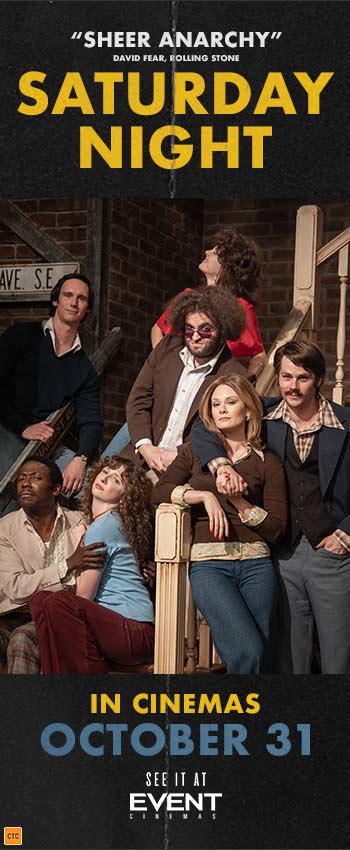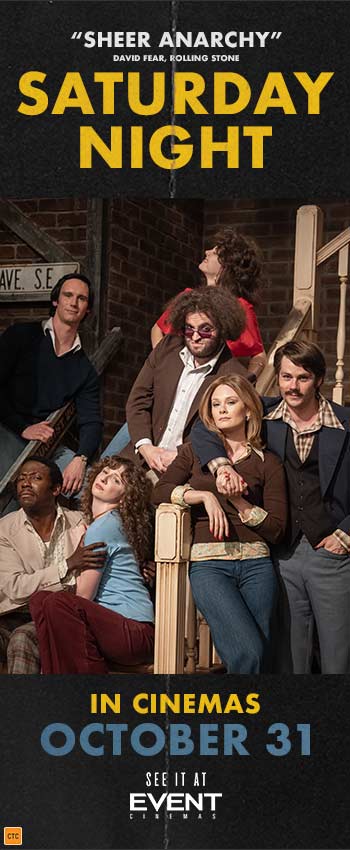In a nation divided by war and the strong winds of change, Lincoln pursues a course of action designed to end the Civil War, unite the country and abolish slavery. With the moral courage and fierce determination to succeed, his choices during this critical moment will change the fate of generations to come.
LINCOLN is Steven Spielberg’s film about the final months of the 16th President of the United States. It concentrates on the ending of the Civil War and the negotiations and politicking that surrounded the passing of the 13th Amendment to the United States Constitution. The amendment outlawed slavery and involuntary servitude except as a punishment for a crime.
LINCOLN is an expensively mounted drama that attempts to paint a portrait of one of the most revered figures in US history, at a point where the nation was searching for a way to reconcile its deep political divisions. Lincoln is still so famous, that even those who know little of American history know of the Lincoln Memorial, the fourth giant head carved into Mount Rushmore, the iconic photographs of the stern, bearded man in his stovepipe hat. He’s also known in popular culture for “freeing the slaves” and being assassinated by John Wilkes Booth.
Playwright Tony Kusher (Angels in America, MUNICH) has written a screenplay that attempts to balance the talkiness of a legislative process with scenes of the war and its aftermath. We are also given a glimpse of the capital as a bustling city, but one that still has dirt roads. The corridors of the White House are filled with citizens hoping to lobby the President. America is slowly emerging as a nation that will become a world power.
Lincoln is engaged in the painstaking process of making his will the law of the land. He is utterly convinced of the rightness of his cause. He believes that unless the law states unambiguously that slavery is abolished, the country won’t be able to heal from the wounds of the war. Worse still, he fears the possibility of another war being fought over the same issue. The proposed 13th Amendment is opposed by the Democrats and in fact many in his own Republican Party. The fear on both sides of government is that freed slaves will want to become fully enfranchised, voting citizens of the United States of America.
At its worst, LINCOLN has the air of a history lesson. At its best, it is an enlightening view of the soul of a nation. The impact of this time still ripples through American life. Although the story is told with plenty of stirring John Williams music that lets you know that History Is Being Made, the Manifest Destiny is nicely undercut by the “horse-trading” and deal-making Lincoln goes through. The whiff of cynicism that results is most welcome.
The movie is certainly not for everyone. If you find politics and history a snore, then stay away. The first half hour is particularly heavy with exposition and characters whizzing in and out of the narrative. Fans of television’s THE WEST WING will probably find something to sink their teeth into, although they are unlikely to transfer their loyalty from Martin Sheen’s Jed Bartlet to Daniel Day-Lewis’s Lincoln.
Not that there is anything wrong with Mr Day-Lewis’s portrayal of Lincoln. He is by turns depressive, highly intelligent, charming, folksy and far-sighted. Day-Lewis perfectly embodies the complexities of a man struggling with the weight of the world. The problem is one of finding a way to satisfactorily create a picture of a President regarded as a secular saint. Perhaps it needed to be harder on the man. Robert Redford’s film about the aftermath of the assassination, THE CONSPIRATOR (2010) does a better job of reminding us that for some, Lincoln was the devil himself.
Performances are as strong as one would expect. Sally Field, whom I usually find a somewhat mannered actress, is very good indeed as Mary Todd Lincoln. She provides the emotional heft in the Lincolns’ relationship. She is in mourning for her son William, who has recently died of typhoid fever. The tragedy and madness this engenders in her is compelling captured by Field. James Spader is also very good playing a political fixer. He throws himself into the role and obliterates that slight chill that clings to almost every Spader part.
Overall, LINCOLN is a solid film, that will please those who have an interest in this era, but some will struggle under the onslaught of dialogue referring to the voting intentions of unseen characters. At times, it feels like the excellently filmed Cliffs Notes to the Doris Kearns Goodwin book it is based on.
LINCOLN is in Australian cinemas now. It runs for 150 minutes. I rated it a 6/10.






